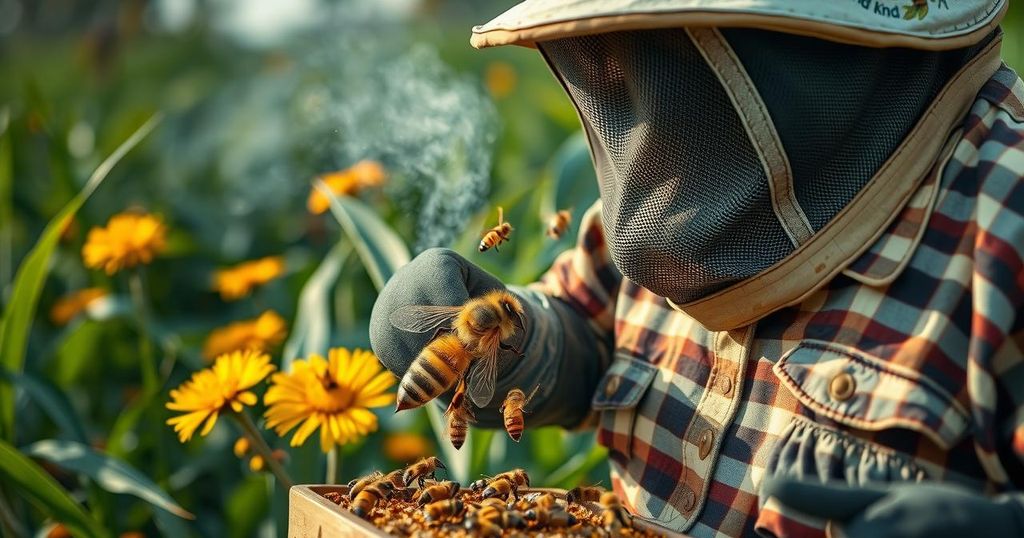In Kenya, beekeeping is being promoted as a climate-resilient alternative livelihood for communities affected by climate change, particularly in dryland areas where traditional farming is no longer viable. This approach supports food security and biodiversity, allowing communities to adapt to changing weather patterns while generating income.
The United Nations Environment Program highlights that communities residing in dryland regions are disproportionately affected by climate change, experiencing intensified droughts followed by sudden floods. In response to these challenges, conservation experts in Kenya have initiated programs aimed at promoting beekeeping as a sustainable alternative livelihood. This initiative not only provides an essential income source but also fosters environmental conservation through pollination, enhancing local agricultural productivity and resilience against climate variability.
Beekeeping has emerged as a vital adaptation strategy in Kenya, particularly among communities facing the adverse effects of climate change. As traditional agricultural practices become increasingly unreliable, beekeeping offers an alternative that aligns with environmental sustainability. By providing a stable income and fostering biodiversity, beekeeping aids communities in diversifying their livelihoods while mitigating the impacts of extreme weather events.
In summary, beekeeping is proving to be an effective resilience strategy for communities in Kenya grappling with the challenges posed by climate change. Through the establishment of this sustainable practice, affected communities are gaining not only economic stability but also enhancing their environmental stewardship. As such, beekeeping represents a promising avenue for fostering adaptation in the face of ongoing climate adversity.
Original Source: www.voanews.com






